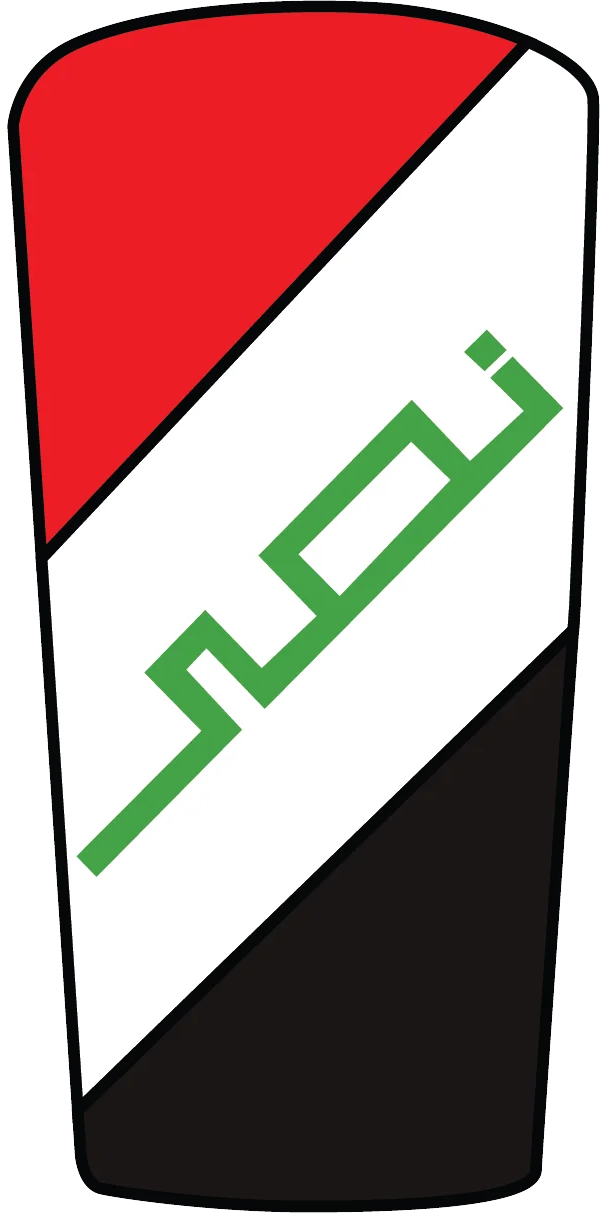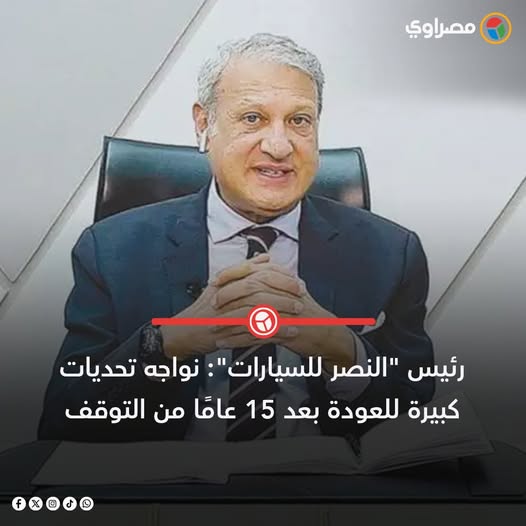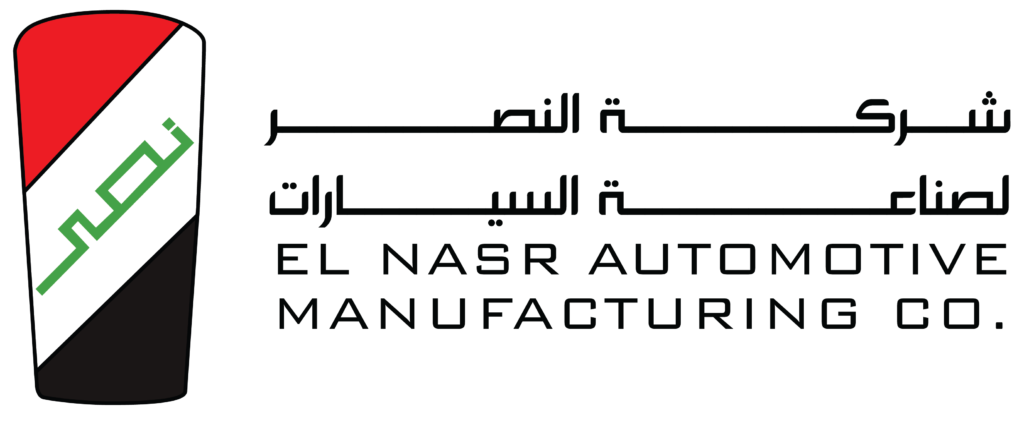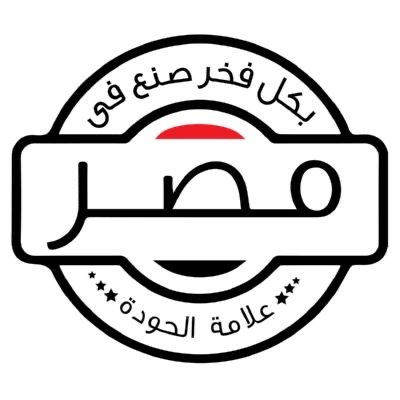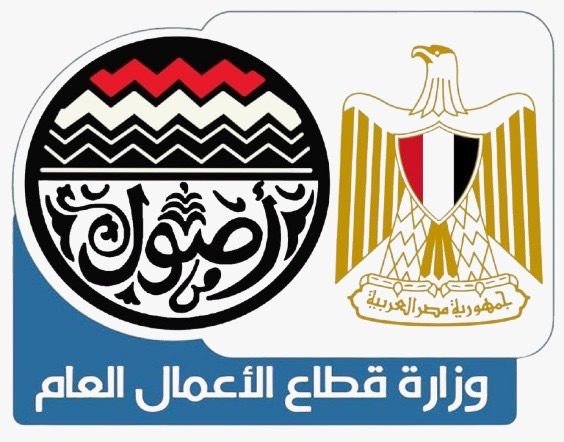Dr. Khaled Shadid, CEO of Al Nasr Automotive Company, stated that the company represents a part of Egypt’s history in the automotive industry, highlighting that it is one of the success stories that can be considered “a tale for the history books.”
During the ceremony marking the company’s return to production, attended by Prime Minister Dr. Mostafa Madbouly, he emphasized that every success story has a beginning. Al Nasr’s journey started in 1959 when it was established to manufacture various types of vehicles.
Shadid explained that Al Nasr is fully owned by the Metallurgical Holding Company, which is affiliated with the Ministry of Public Business Sector, and that it has remained in the same location in Wadi Hof since its founding, covering an area of approximately 900,000 square meters.
He pointed out that the company produced many vehicles during its operational years, most notably Fiat cars, which were widely seen on Egypt’s streets at the time. Additionally, Al Nasr managed to manufacture and sell around 500,000 vehicles of various types.
Company Closure and Challenges of Resuming Production
The CEO of Al Nasr Automotive explained that the company was liquidated in 2009 due to financial losses, coinciding with the establishment of the first automobile factory in another Arab country.
However, he noted that Al Nasr never completely ceased to exist; instead, it underwent restructuring in 2017 with the primary goal of finding a strategic partner to resume production. Despite some previous unsuccessful attempts, the company’s management decided to embark on a new phase with clear objectives.
Objectives of the New Phase
Dr. Khaled Shadid outlined the key objectives of the company in its current phase, emphasizing the need to resume production as quickly as possible through strong partnerships that ensure industry localization while simultaneously transitioning from a local company to a regional one.
To achieve this, a strategy was developed with several key priorities, including investment in infrastructure and production lines, as well as attracting both local and international expertise to the company.
He also mentioned that the company’s new phase will focus on manufacturing passenger cars and commercial vehicles, including heavy transport and buses, in addition to supporting industries.
He confirmed that the company has made significant progress in achieving many of these strategic goals.
Challenges Faced by the Company
Shadid spoke about the significant challenges the company faced when restarting operations after 15 years of inactivity. Among the most pressing challenges was how to reintegrate the workforce after a long absence and restore their confidence in the company’s ability to resume production. Additionally, a major obstacle was the urgent need to upgrade infrastructure and production lines to meet the requirements of potential partners and ensure the success of the production process.

